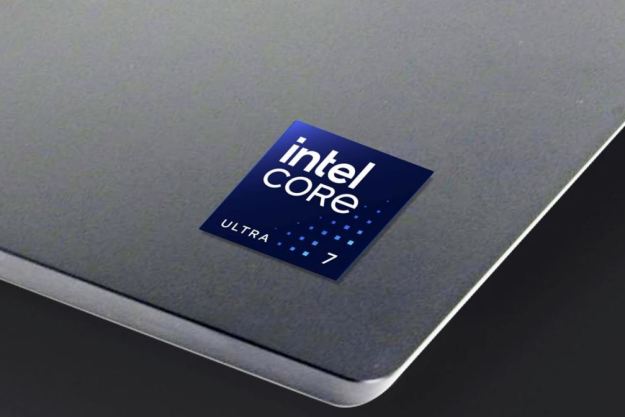To the dismay of gamers, workstation users, data analysts, and PC enthusiasts, Intel may not have a high-end desktop (HEDT) processor ready this year. The company’s presentation at the Intel Partner Connect conference in Asia contained a presentation slide that revealed no new HEDT processor planned for 2020.
As noted by Tom’s Hardware, one reason for not launching new Core X series chips this year is perhaps related to the company’s aging LGA2066 socket, which debuted nearly three years ago and has been used on four generations of HEDT processors. Intel could likely be looking at retiring the LGA2066 socket, and the company may want to wait on launching new CPUs until after it transitions to a new socket design.
Intel’s latest Core X series processor is from the Cascade Lake-X family, which launched in the last quarter of 2019. Cascade Lake-X starts with the Intel Core i9-10900X, which is a 10-core processor, and goes all the way up to the 18-core Intel Core i9-10980XE with a maximum turbo frequency of 4.6 GHz. Intel currently uses a 14nm architecture on its node, and the company likely wants to wait until it can launch silicon with a new architecture that can accommodate more cores using smaller nodes and drive more performance in the space.
Notably, if Intel does decide to hold off on launching its HEDT processors until a new socket design is ready in 2021, it would mean that the company won’t have a solution in time to compete against rival AMD’s forthcoming high-end Ryzen 4000 desktop processors slated to launch later this year.
AMD has been generating buzz with its premium Threadripper processors, which are in their third generation. The Threadripper 3990X features a whopping 64 cores — or more than triple what’s supported on Intel’s Core i9-10980XE. Threadripper processors based on a 7nm Ryzen 4000 architecture should give AMD processors even better performance uplift.
If you don’t need quite that much silicon power, Intel’s more mainstream desktop silicon is set to receive an upgrade when it launches. Recently leaked benchmarks from Twitter user @TUM_APISAK show that the 11th-gen Rocket Lake-S — the successor to this year’s 10th Gen Comet Lake-S processors — will have at least one variant with an eight-core design supporting 16 threads. The processor was benchmarked on an Intel Corporation Rocket Lake-S motherboard, and the 3DMark test revealed that it comes with a 3.2 GHz base clock speed that can go as high as 4.3 GHz.
RocketLake S UDIMM 6L RVP
8C/16T
3.2/4.3 GHz pic.twitter.com/Hw8p1P6vaa— APISAK (@TUM_APISAK) June 4, 2020
Prior benchmark leaks revealed a more modest Rocket Lake-S processor variant with six cores and 12 threads, though the 11th-generation silicon can also come in more upscale configurations with a 10-core design supporting 20 threads. This would make Rocket Lake-S family similar to what’s currently available on the top-of-the-line 10th Gen Comet Lake-S series, according to HotHardware.
Unlike rival AMD, which has fully transitioned to a 7nm architecture, Intel’s upcoming Rocket Lake-S processors will likely still utilize the now aging 14nm node but with a new Willow Cove microarchitecture design. This should allow the chip to see an IPC — instructions per clock — uplift to better compete against AMD’s mainstream Ryzen 4000 desktop chipsets that are expected to debut this fall.
The Willow Cove microarchitecture will also be used by Intel on the laptop side with 11th-generation Tiger Lake processors. Even though Rocket Lake-S for desktop and Tiger Lake will share the Willow Cove design, it’s believed that Tiger Lake will utilize a 10nm node. Intel could transition future iterations of its desktop processor to the smaller node if all goes well.
Though Intel hasn’t confirmed details about Rocket Lake, it’s believed that the desktop processor will likely continue to support the LGA-1200 socket on the Z490 motherboards that were introduced with Comet Lake-S. Intel may transition to a new motherboard and socket design once it introduces the successor to Rocket Lake-S — the 12th-generation Alder Lake-S processor.
Editors' Recommendations
- 4 CPUs you should buy instead of the AMD Ryzen 7 5800X3D
- Everything we know about Lunar Lake, Intel’s big next-generation chips
- Intel may have a monster new CPU coming soon
- Intel’s CPUs just got way more confusing
- Intel’s new Core Ultra chips needed to be more than this


